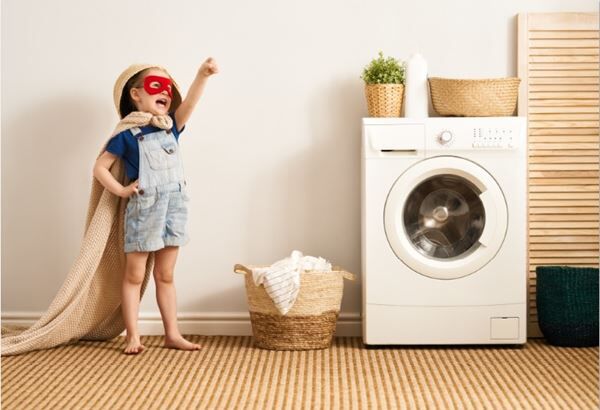Don’t Teach Your Kids To Be Too Honest
Featured Content


Audio By Carbonatix
Little kids can be brutally honest in all areas of their lives, except maybe when you ask who ate the cookie and they deny it with crumbs and chocolate all over their face. Of course, we want them to be honest, but not when it has them pointing to the woman at the grocery store and saying, “Mommy, that lady is really big.” They may just be too young to understand that their words can hurt, offend or embarrass someone, so it’s our job to help teach them to develop and use a verbal filter - something plenty of adults haven’t mastered yet.
Helping kids understand these things can help avoid the cringeworthy comments:
- You don’t have to say everything you think - When kids see or think something, they want to tell you about it. We can teach kids that just like we have private parts of our bodies, we can have private parts of our thoughts that we just keep to ourselves.
- We don’t comment about other people’s bodies - Explain to kids that compliments like “I like your shoes” or “you look pretty” are okay because they make people feel good. But commenting on someone’s size, shape or style might hurt their feelings. In the heat of the moment when they call out a female cashier’s “boy hair cut,” you can deflect by saying, “Yes, her hair is short, it looks nice that way, don’t you think?”
- You’re not a food critic - Kids don’t care if you spent an hour in the kitchen making a home-cooked meal from scratch, if it smells funky, has a texture they’re not used to or tastes different, they’re going to let you know with a disgusted face and an “Ew, gross!” Teach them to take a “polite bite” and taste something before they decide if they don’t want any more and if they don’t, to simply say “No, thank you.” Another gem? Teaching them to say “I don’t care for that” instead of “I don’t like that.”
- The “no offense, but … ” rule - This is something people of all ages should learn. If you start a sentence with “No offense, but … ” what you say next IS going to be offensive. If it wasn’t, you wouldn’t have to say that. So when they feel the need to say this to excuse their rudeness, teach them it’s best to skip the comment altogether.
Source: Lifehacker
Thought Starters:
- Also our job? Not bursting out laughing when they say something, but it’s hard not to sometimes!
- What’s the worst brutally honest thing your kid has said? What did you do?
- How do you handle your mini food critic’s comments at meal time?


